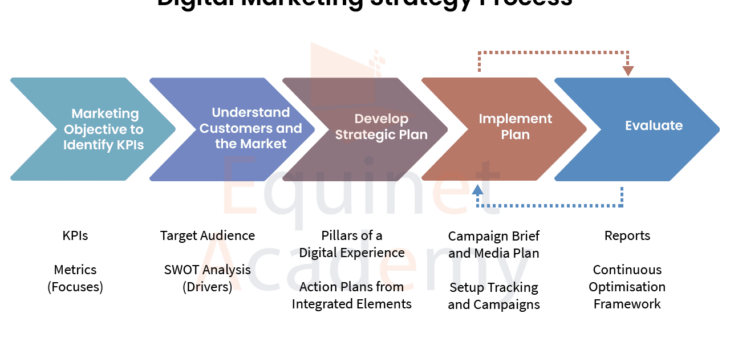 Business
Business
10 Key Elements of a Powerful Digital Marketing strategies it
In today’s fast-paced digital landscape, having a robust digital marketing strategy is not just an option—it’s a necessity. Whether you’re a startup aiming to make your mark or an established brand looking to expand your reach, understanding and implementing the right strategies can set you apart from the competition.
1. Setting SMART Goals
A successful digital marketing strategy begins with clear, SMART goals:
- Specific: Define what you want to achieve.
- Measurable: Ensure you can track progress.
- Achievable: Set realistic objectives.
- Relevant: Align goals with business priorities.
- Time-bound: Establish a timeline for achievement.
For instance, instead of a vague goal like “increase website traffic,” aim for “boost organic website traffic by 30% within the next quarter through targeted SEO efforts.”
2. Understanding Your Audience
Knowing your audience is paramount. Create detailed buyer personas that encompass:
- Demographics: Age, gender, location
- Psychographics: Interests, values, behaviors
- Pain points and challenges
Conducting thorough market research helps tailor your messaging and ensures your campaigns resonate with the right people.
3. Developing a Compelling Value Proposition
Your value proposition is what sets you apart. It should clearly articulate:
- What makes your product or service unique
- The benefits customers will gain
- Why they should choose you over competitors
A strong value proposition builds trust and encourages conversions.
4. Choosing the Right Digital Marketing Channels
Not all platforms are suitable for every business. Consider:
- Organic Channels: SEO, content marketing, social media
- Paid Channels: Google Ads, Facebook Ads, influencer partnerships
Select channels based on where your target audience spends their time and how they consume content.
5. Crafting Engaging Content
Content is king. Develop a content strategy that includes:
- Blog posts
- Videos
- Infographics
- Podcasts
Maintain consistency and quality to keep your audience engaged and informed.
6. Implementing Search Engine Optimization (SEO)
SEO ensures your content is discoverable. Focus on:
- On-Page SEO: Optimizing content, meta tags, and images
- Off-Page SEO: Building quality backlinks
- Technical SEO: Ensuring website speed and mobile-friendliness
Regularly update content and monitor performance to stay ahead of search engine algorithms.
7. Leveraging Social Media Marketing
Digital Marketing services platforms are invaluable for brand building. Strategies include:
- Selecting platforms that align with your audience
- Posting regularly and engaging with followers
- Running targeted ad campaigns
Social media fosters community and drives traffic to your website.
8. Utilizing Email Marketing
Email marketing remains one of the most effective channels. Best practices involve:
- Building segmented email lists
- Personalizing content based on user behavior
- Automating campaigns for timely delivery
Email nurtures leads and maintains customer relationships.
9. Analyzing and Measuring Performance
Regular analysis helps refine strategies. Key metrics to track:
- Website traffic
- Conversion rates
- Engagement levels
- Return on investment (ROI)
Use tools like Google Analytics and social media insights to gather data and make informed decisions.
10. Adapting to Trends and Innovations
The digital landscape is ever-evolving. Stay updated by:
- Following industry blogs and news
- Attending webinars and conferences
- Experimenting with emerging technologies like AI and AR
Adaptation ensures your strategy remains relevant and effective.
Conclusion
Crafting a powerful digital marketing campaign strategy requires a blend of planning, execution, and continuous optimization. By setting clear goals, understanding your audience, and leveraging the right channels, you can build a strategy that drives growth and positions your brand for success.
FAQs
- What is the first step in creating a digital marketing strategy?
Begin by setting SMART goals that align with your business objectives. - How do I determine which digital marketing channels to use?
Analyze where your target audience spends their time and tailor your strategy accordingly. - Why is SEO important in digital marketing?
SEO increases your website’s visibility, driving organic traffic and improving search engine rankings. - How often should I update my digital marketing strategy?
Regularly review and adjust your strategy based on performance metrics and industry trends. - What role does content play in digital marketing?
Quality content engages your audience, builds trust, and supports SEO efforts.









